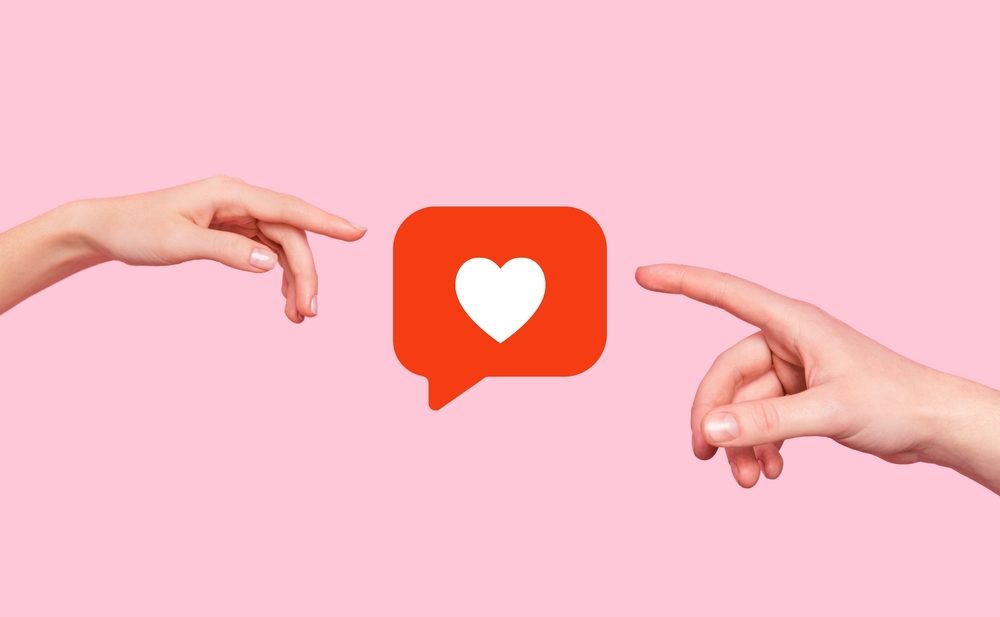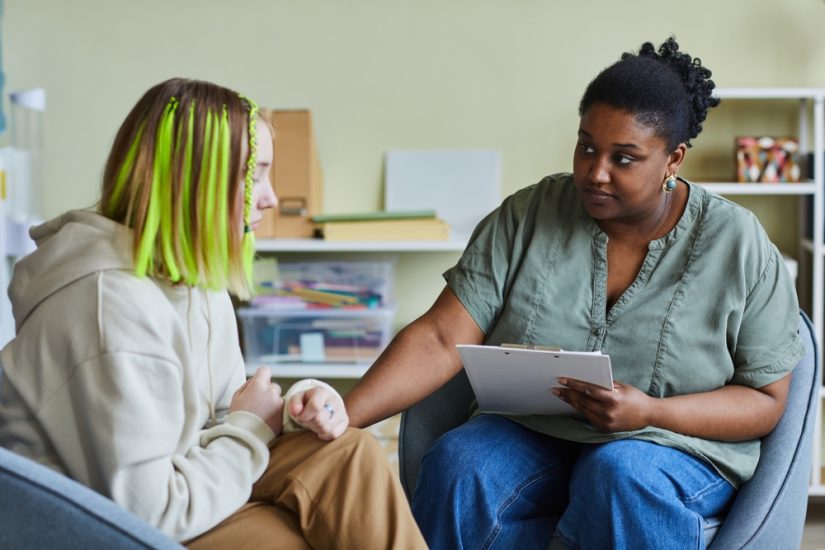- March 29, 2024
- by Harshita Bajaj
- Trending
Social Media is increasingly becoming a powerful tool to start a conversation, a trend or a fad, an influential tool to direct a revolution, connect and run a whole campaign whether it’s a funny dance routine or an important topic such as racial conflict, discrimination, physical and mental health and more!
Mental health trends on social media have been on the rise lately with a growing interest in self-care practices, a growing awareness about mental health issues and a community-based support that is achieved through shared experiences on a global level. These trends can be positive or negative as social media platforms are dynamic in nature and can easily change the direction of a conversation or a narrative. Let’s look at some trending mental health topics of 2024.
Mental Health Trends 2024
Self-diagnosing
With portrayals of different mental health issues or disorders on social media “POV” reels (point of view, this is what it’s like to be/have…), it’s easy to relate, diagnose or label yourself with the information you’re fed about a variety of skewed symptoms. While this can sometimes lead to increased awareness and understanding, it’s essential to approach mental health diagnoses with caution and seek professional evaluation and support when needed.
#BellLetsTalk
#BellLetsTalk is a social media campaign aimed at raising awareness about mental health and ending the stigma surrounding mental illness. Participants use the hashtag to share personal stories, offer support, and raise funds for mental health initiatives.
Neurodivergent girlies unite
Neurodivergent girlies unite is a reel template which starts with an individual sharing their experience by listing their symptoms, “put your finger down if you have ever…” experienced or displayed a particular neurodivergence symptom. This hashtag or reel may be used to create a sense of community and solidarity among neurodivergent individuals, such as those with autism, ADHD, or other neurological differences. It fosters a supportive space for sharing experiences, challenges, and resources related to neurodiversity.
TikTok Therapists
TikTok has become a platform for mental health professionals to share educational content, therapy tips, and insights into mental health issues. Therapist TikTok accounts offer bite-sized videos that address common mental health concerns, provide validation and support, and offer practical advice for managing symptoms. However, it is easy for misinformation to spread just as fast as even individuals who are not trained or licensed mental health professionals use the platform to give out advice or management tips without the expertise to do so. It is important to verify the source or content before following it.
Self-care reels and tips
Instagram Reels often feature content related to self-care practices, including skincare routines, meditation techniques, and relaxation tips. While promoting self-care can be positive, it’s important to recognize that self-care is not a one-size-fits-all solution for mental health issues and may not address underlying challenges.
#NormalizeTherapy
The #NormalizeTherapy trend on Instagram aims to destigmatize therapy and encourage people to seek professional help for their mental health concerns. Users share posts and Reels about their therapy experiences, highlighting the benefits of therapy and breaking down barriers to seeking help.
#MentalHealthCheck Reels
The #MentalHealthCheck trend on Instagram and TikTok encourages users to check in with themselves and others about their mental health. Users create Reels or short videos sharing their current mental health status, feelings, and coping strategies, fostering open conversations and promoting mutual support. Many social media influencers post check-in prompts or use hashtags like #mentalhealthcheckin to encourage open conversations about mental health and support mutual check-ins among followers.
#DigitalDetox
With the increasing reliance on digital devices and social media, there may be a growing emphasis on finding a balance between technology use and mental well-being. This includes trends such as phone detox or electronic detox, focusing on unplugging from screens to reduce stress and improve mental health. This planned reduction in screen time or digital detox from phone alleviates anxiety and enhances productivity. Social media users and influencers share tips for disconnecting from devices with their followers such as a 30-day digital detox, similar to a month long trend called No Shave November to increase awareness about cancer.
Hot Girl Walk
“Hot girl walk” is a social media trend or hashtag where individuals, particularly women, celebrate confidence, empowerment, and self-love while going for a walk. It promotes the idea of feeling confident and empowered in one’s body and embracing one’s unique beauty and style. This trend redefines conventional notions of beauty and wellness, prioritizing holistic health over superficial ideals, it frames self-care as an empowering act!
Letting Intrusive Thoughts Win
“Letting Intrusive Thoughts Win” is an Instagram reel template which often portrays users succumbing to impulsive urges, which may involve actions like smashing ice on a car window or pressing elevator alarms. However, these portrayals can oversimplify the nuanced nature of conditions like obsessive-compulsive disorder (OCD). In reality, intrusive thoughts are persistent and distressing obsessions typically associated with anxiety disorders. Treating them requires therapy and understanding rather than trivialization.
These trends reflect the diverse ways in which mental health is discussed, shared, and supported on social media platforms. It’s important to remember that a trend or virtual information can oscillate depending on the part of information you receive, so do your own research before applying something to yourself. While social media can be a valuable tool for raising awareness and fostering community, it’s essential to critically evaluate information and seek professional support or talk to a mental health professional when needed.
At North American Behavioral Health Services, we are committed to providing you with trusted information from our team of experts, making Mental Health a priority and truly empowering. Reach out to us today and get connected to the right therapy center for you!












